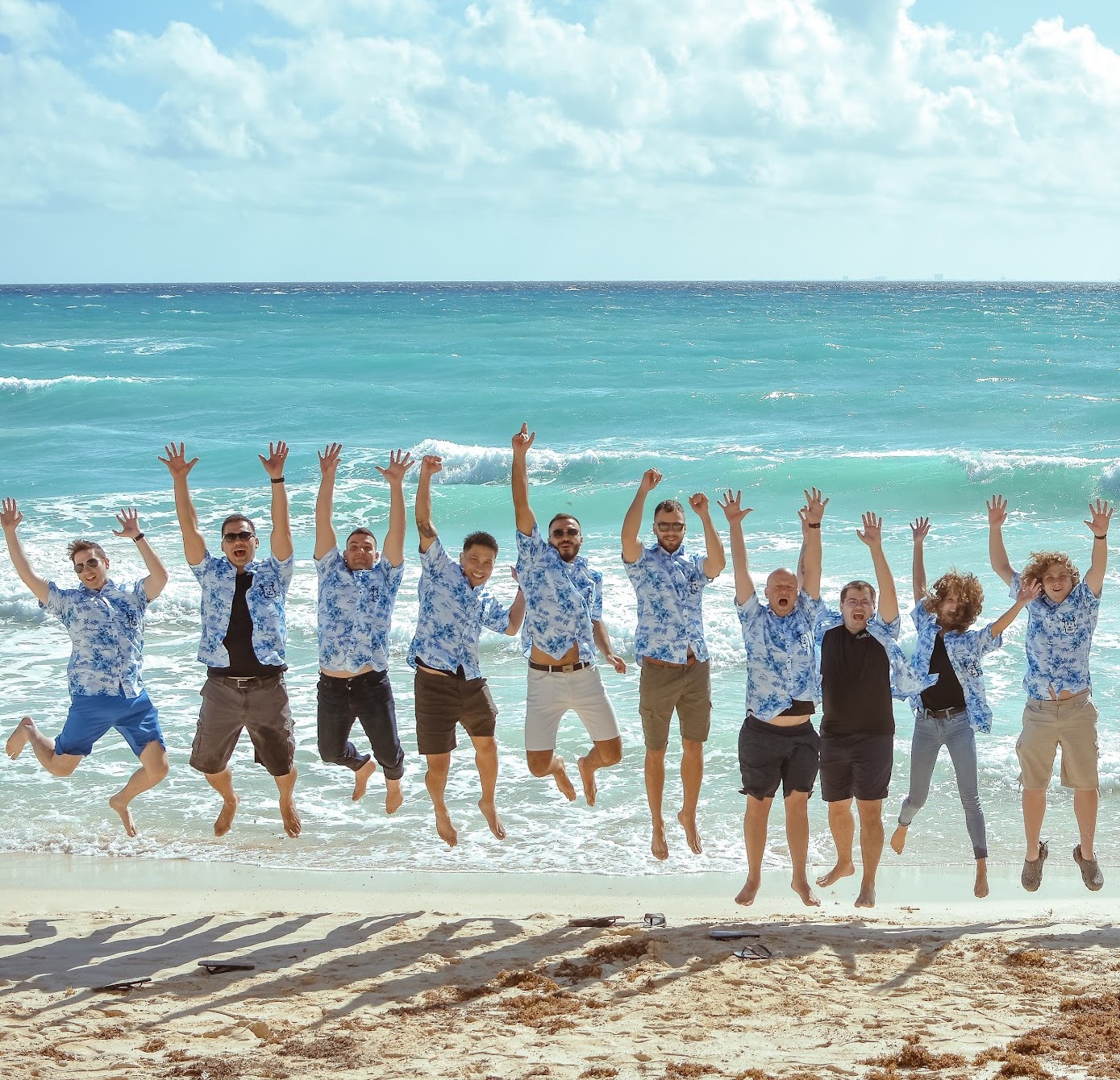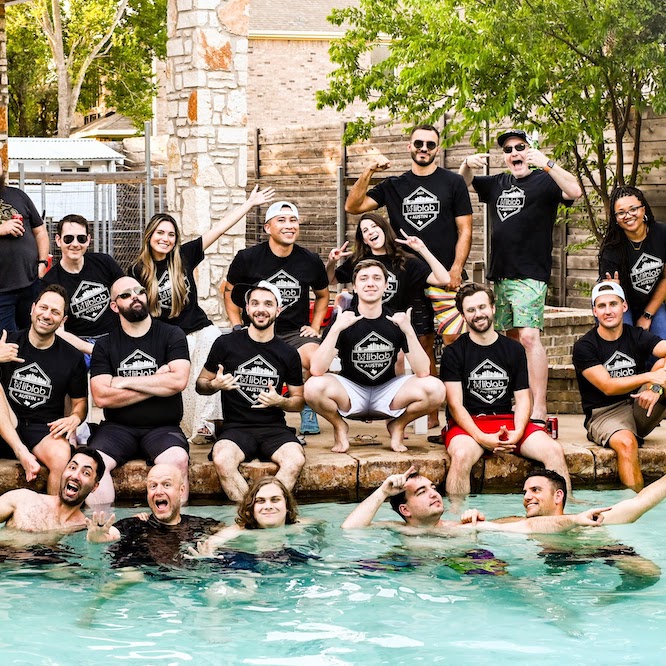How to plan a team offsite
The rise of remote work has revolutionized the way we approach our professional lives. With the freedom to work from anywhere, remote employees can enjoy a host of benefits, such as flexibility, time savings, and increased quality time with loved ones. However, one misconception often associated with remote work is the fear of feeling disconnected from colleagues. In this blog post, we'll explore how remote work doesn't mean being lonely and discuss the tremendous value that well-planned offsites can bring to a company, fostering collaboration, innovation, and a sense of community among remote employees.

The Importance of Offsites
Offsites, when thoughtfully organized, can serve as a catalyst for building strong relationships and trust among remote team members. By bringing everyone together in person, these gatherings promote more effective communication and collaboration, which translates to improved long-term team dynamics.
Additionally, offsites create an environment for employees to share diverse perspectives and ideas. These fruitful interactions often lead to increased innovation and creative problem-solving, as unique viewpoints converge and inspire fresh approaches to challenges.
Furthermore, instilling a sense of community and belonging among remote workers is crucial for bolstering employee engagement and retention. Offsites provide the opportunity for remote employees to forge meaningful connections and feel more integrated into the company culture.
Making Offsites a Regular Event
At LibLab, we firmly believe that offsites shouldn't be viewed as mere perks or occasional distractions. Instead, they should be integrated into a company's regular calendar. To ensure the success of your offsite, consider the following tips:
- Budget: Set a budget that aligns with your company's financial capabilities. Determine if it will be a luxurious 5-star hotel retreat or a cost-effective one-day event. Account for out-of-state commutes to gauge the overall cost.
- Location: Opt for a venue that is convenient for the majority of your team. Minimizing commute time and expenses will encourage better attendance and overall engagement. Do you prefer a business-oriented location in downtown, or a more relaxed location near the beach?
- Commute and Passports: If choosing an international location, plan ahead to give team members ample time to secure or renew passports. International offsites can be rewarding, but thorough preparation is essential.
- Duration: Strike a balance between content-rich agendas and convenience. While longer offsites may offer more opportunities for bonding, be considerate of family commitments. A 4-5 day duration is often an ideal compromise.
- Audience: For maximum effectiveness, aim to include the entire team in the offsite. Avoid hybrid gatherings that may dilute the experience for those joining remotely. An all-inclusive approach fosters cross-functional connections and strengthens the company as a whole.

Offsite content
At LibLab, we ensure that each offsite revolves around the three Ps fundamental pillars of a successful company, with a dedicated day for each:
- People: One day is exclusively focused on fostering better interpersonal connections among team members. We curate events that aim to deepen mutual understanding and camaraderie. Team bonding activities, insightful 1:1 sessions between colleagues, and open discussions about culture and values are integral components. Recognizing that people are the backbone of every company, we prioritize these activities to encourage a more cohesive and harmonious work environment.
- Product: The second day is dedicated to product-related work. We delve into strategic discussions about what the team should build, the rationale behind these decisions, and the evaluation of past successes and shortcomings. Kickstarting the day with a wishlist of short and long-term ideas that everyone can contribute to. Keep in mind - Your best product ideas can come from anyone on the team.
- Process: The third day is centered around shaping an efficient and effective company operation. We critically assess existing processes, identify areas that need improvement, and address any bottlenecks hindering productivity. By deliberating on meeting frequency, communication channels, and tools, we aim to optimize our process workflow. Additionally, conducting retrospectives helps us pinpoint gaps and reinforces successful practices.

A well-planned offsite can strengthen team bonds for remote workers. By bringing team members together, offsites foster effective communication, collaboration, and trust, laying the foundation for long-term success. Moreover, these gatherings ignite innovation and creative problem-solving through the sharing of diverse perspectives. Emphasizing the significance of a sense of community and belonging, offsites contribute to enhanced employee engagement and retention. At LibLab, we advocate for making offsites a regular fixture on the company calendar, focusing on the three crucial elements: people, product, and process. By prioritizing interpersonal connections, encouraging purpose-driven product discussions, and optimizing company processes, we create a thriving and harmonious work environment that propels our success. As remote work continues to thrive, embracing the potential of well-organized offsites remains a key strategy in cultivating a connected and motivated workforce.
Do you want to join our next offsite? We are hiring.